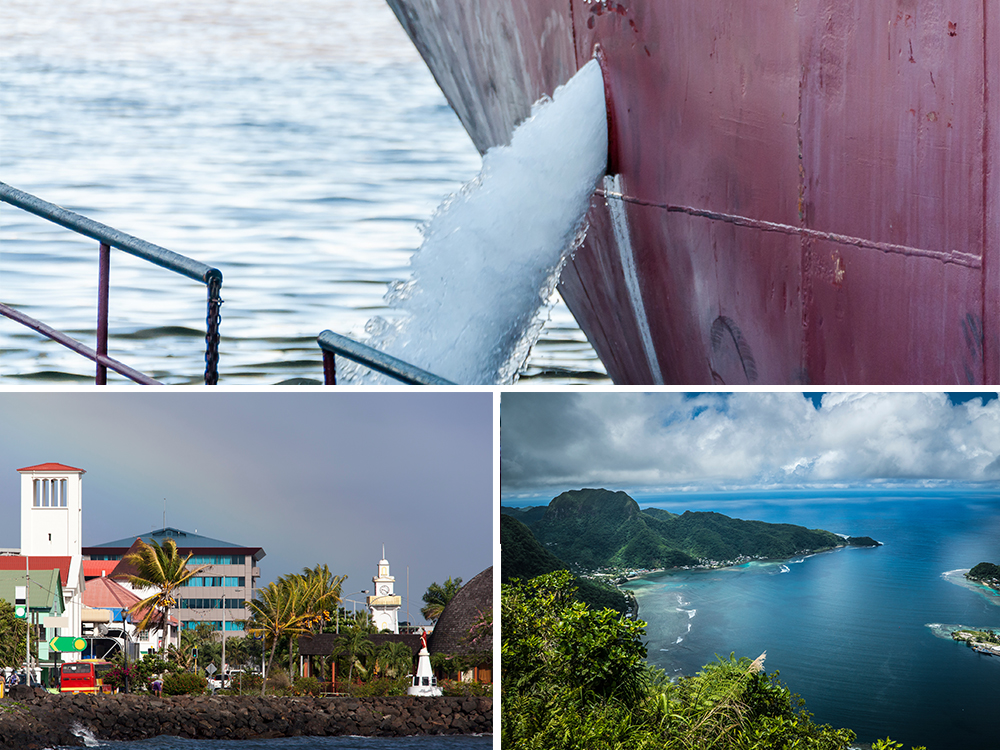The importance of the ratification, implementation and enforcement of the BWM Convention was the focus of a national workshop in Apia, Samoa (27-28 March).
Through presentations, group discussions and role-play exercises, government officials were made aware of the actions Samoa should take at a national level to ratify, implement and enforce the International Convention for the Control and Management of Ships' Ballast Water and Sediments, 2004 (BWM Convention). Subjects covered include an introduction to ballast water management and the BWM Convention; understanding the obligations of Parties under the BWM Convention; compliance monitoring and enforcement for port State control; and risk mitigation.
Key outcomes from the workshop were increased awareness and understanding of the ratification, implementation and enforcement process of the BWM Convention, its compliance monitoring and enforcement elements, as well as a bigger network of trained experts in ballast water management and control.
The BWM Convention, which entered into force in 2017, aims to prevent the spread of harmful aquatic organisms in ships' ballast water from one region to another. It does so by requiring all ships in international traffic to manage their ballast water and sediments to a certain standard, according to a ship-specific management plan. All ships must also carry a ballast water record book and an international ballast water management certificate.
The workshop was delivered through IMO's Integrated Technical Cooperation Programme, with support from the Secretariat of the Pacific Regional Environment Programme (SPREP).
